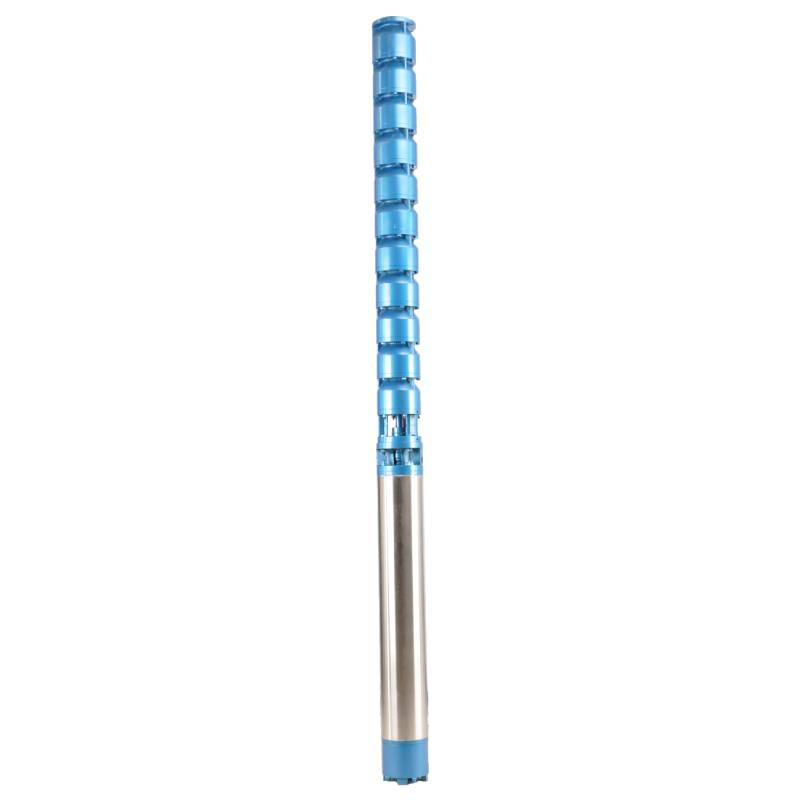Oct . 11, 2024 06:07 Back to list
dielectric oil for submersible pump
Dielectric Oil for Submersible Pumps Understanding Its Importance and Applications
Submersible pumps are vital components in various industries, primarily for the transportation of fluids in challenging environments. These pumps are designed to operate underwater or in other fluids, making them essential in applications like sewage treatment, oil extraction, and groundwater extraction. One key element that ensures the efficient and reliable functioning of submersible pumps is the use of dielectric oil. In this article, we will explore what dielectric oil is, its properties, and why it is crucial for submersible pump operations.
What is Dielectric Oil?
Dielectric oil is a special type of insulating oil that does not conduct electricity. It is typically used in electrical applications and equipment, such as transformers and capacitors, where electrical insulation is paramount. In the context of submersible pumps, dielectric oil acts primarily as a coolant and an insulator, helping to protect the electrical components of the pump from environmental conditions and operational stresses.
Properties of Dielectric Oil
The effectiveness of dielectric oil in submersible pumps can be attributed to several key properties
1. Electrical Insulation Dielectric oil has a high resistivity, which means it can effectively prevent electrical currents from leaking and causing short circuits within the pump.
2. Thermal Conductivity The oil has excellent thermal conductivity properties, allowing it to absorb and dissipate heat generated during the operation of the pump, thus maintaining optimal operating temperatures.
dielectric oil for submersible pump

4. Non-toxic and Environmentally Friendly Many dielectric oils are formulated to be non-toxic, which is essential in applications where the pump may come into contact with potable water or sensitive ecosystems.
Importance of Dielectric Oil in Submersible Pumps
1. Enhanced Safety The primary role of dielectric oil is to provide electrical insulation. This is crucial in submersible pumps, where the risk of electrical shock and short circuits is heightened due to water interaction. The presence of dielectric oil significantly enhances the safety of the pumping system.
2. Improved Performance By effectively cooling the electrical components and reducing the risk of overheating, dielectric oil ensures that submersible pumps operate at optimal performance levels. This leads to increased efficiency and reduced energy consumption.
3. Longevity of Equipment Submersible pumps have substantial initial investment costs. Utilizing dielectric oil can extend the lifespan of these pumps by minimizing wear and tear on vital components, thereby lowering maintenance costs and reducing the frequency of replacements.
4. Operational Versatility Dielectric oils accommodate a range of temperatures and environmental conditions, making submersible pumps more versatile. Whether in deep well applications or in wastewater systems, these oils allow pumps to function effectively in demanding situations.
Concluding Thoughts
In conclusion, dielectric oil plays a pivotal role in the operation of submersible pumps. Its unique properties—notably electrical insulation, thermal management, and chemical stability—make it indispensable for the safe and efficient functioning of these pumps. As industries continue to rely on submersible pumps for various applications, the selection of the right dielectric oil becomes critical. Professionals in the field should prioritize high-quality dielectric oils to ensure the longevity and reliability of their pumping systems. As environmental standards rise, choosing eco-friendly options can also contribute positively to sustainability efforts while maintaining performance and safety. The importance of dielectric oil in submersible pump applications cannot be overstated and will continue to be a significant factor in the maintenance and operational strategy of pumping systems worldwide.
-
Submersible Water Pump: The Efficient 'Power Pioneer' of the Underwater World
NewsJul.01,2025
-
Submersible Pond Pump: The Hidden Guardian of Water Landscape Ecology
NewsJul.01,2025
-
Stainless Well Pump: A Reliable and Durable Pumping Main Force
NewsJul.01,2025
-
Stainless Steel Submersible Pump: An Efficient and Versatile Tool for Underwater Operations
NewsJul.01,2025
-
Deep Well Submersible Pump: An Efficient 'Sucker' of Groundwater Sources
NewsJul.01,2025
-
Deep Water Well Pump: An Efficient 'Sucker' of Groundwater Sources
NewsJul.01,2025
-
 Submersible Water Pump: The Efficient 'Power Pioneer' of the Underwater WorldIn the field of hydraulic equipment, the Submersible Water Pump has become the core equipment for underwater operations and water resource transportation due to its unique design and excellent performance.Detail
Submersible Water Pump: The Efficient 'Power Pioneer' of the Underwater WorldIn the field of hydraulic equipment, the Submersible Water Pump has become the core equipment for underwater operations and water resource transportation due to its unique design and excellent performance.Detail -
 Submersible Pond Pump: The Hidden Guardian of Water Landscape EcologyIn courtyard landscapes, ecological ponds, and even small-scale water conservancy projects, there is a silent yet indispensable equipment - the Submersible Pond Pump.Detail
Submersible Pond Pump: The Hidden Guardian of Water Landscape EcologyIn courtyard landscapes, ecological ponds, and even small-scale water conservancy projects, there is a silent yet indispensable equipment - the Submersible Pond Pump.Detail -
 Stainless Well Pump: A Reliable and Durable Pumping Main ForceIn the field of water resource transportation, Stainless Well Pump has become the core equipment for various pumping scenarios with its excellent performance and reliable quality.Detail
Stainless Well Pump: A Reliable and Durable Pumping Main ForceIn the field of water resource transportation, Stainless Well Pump has become the core equipment for various pumping scenarios with its excellent performance and reliable quality.Detail
